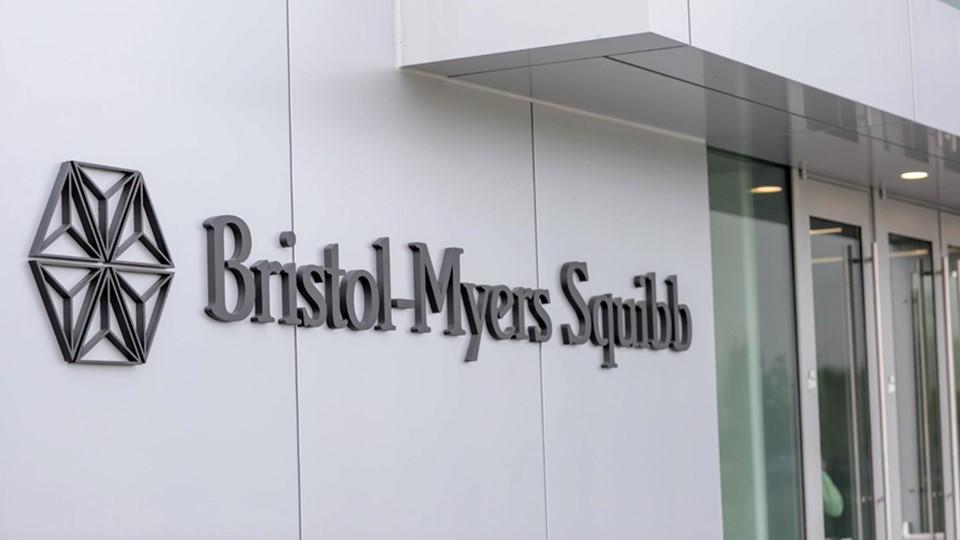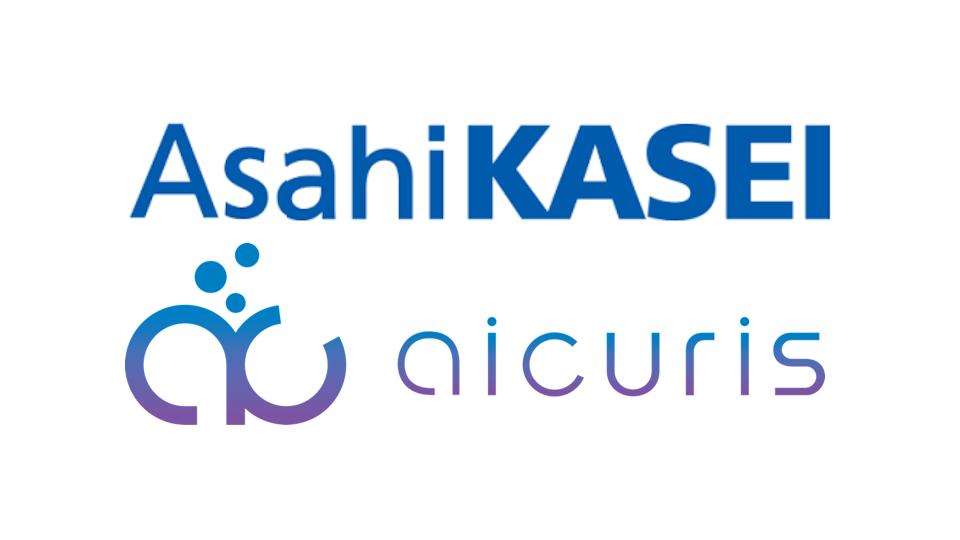BMS completes $14bn takeover of Karuna

Bristol-Myers Squibb has got its $14 billion acquisition of Karuna Therapeutics over the line, having had to withdraw and refile antitrust paperwork and contend with a shareholder lawsuit that tried to block the deal.
BMS has now acquired all outstanding stock in the $330-per-share transaction, gaining full control of KarXT (xanomeline tartrate/trospium chloride), a drug that could become the first to reach the schizophrenia market with a completely new mechanism of action in more than 50 years.
The consummation of the deal – which was first announced in December – means that Karuna is now operating as a subsidiary of BMS. Now, all eyes are focused on the ongoing FDA review of KarXT, which has an action date of 26 September.
If approved, KarXT could offer a treatment for schizophrenia that addresses symptoms of the disorder without causing side effects common with older drugs like olanzapine and risperidone, such as weight gain and extrapyramidal symptoms (EPS), like movement disorders and sedation.
In the phase 3 EMERGENT-2 trial, the results of which were recently published in The Lancet, KarXT was shown to have an effect on both positive and negative symptoms of schizophrenia measured using the PANSS scoring system, achieving a statistically significant 9.6-point reduction in total scores relative to placebo after five weeks.
It also hit secondary endpoints, including the proportion of hospitalised schizophrenia patients showing a 30% or greater improvement in symptoms compared to placebo, and exhibited “a “distinctive safety and tolerability profile and was not associated with many of the adverse events typically associated with current antipsychotic treatments.
Side effects – particularly weight gain and EPS – are a big problem with current schizophrenia therapies that work on dopaminergic neurotransmission and can lead to problems with adherence to medication and a higher risk of relapse. Meanwhile, an estimated 30%-40% of schizophrenia patients are resistant to current antipsychotic medicines, so there is a major need for new treatment options.
The importance of KarXT meanwhile has only grown in the wake of two recent setbacks in the late-stage schizophrenia pipeline, namely the FDA’s rejection Minerva Neurosciences’ application for roluperidone and Acadia Pharma’s decision to abandon pimavanserin after a failed phase 3 trial.
In connection with the takeover, PureTech Health, which was an early investor in Karuna and held a 2.3% stake in the company, has pocketed $293 million in gross proceeds and is also in line for regulatory milestones and royalties on KarXT sales.
Karuna’s founder and head of R&D, Andrew Miller, was working at PureTech when he came across M1 agonist xanomeline and decided to license it from former developer Eli Lilly, which had shelved the project on the grounds that it caused gastrointestinal side effects.
The compound was given a new lease of life when the decision was taken to co-formulate it with trospium, an M4 antagonist that does not enter the brain but is able to reduce xanomeline’s effects on the peripheral nervous system. Analysts at Mizuho said in a recent research note that KarXT could eventually reach $6 billion or more in peak sales.
Just before BMS agreed its takeover of Karuna, AbbVie offered $8.7 billion to buy Cerevel, another company with a new take on schizophrenia treatment. Its emraclidine candidate is a selective muscarinic M4 receptor-positive allosteric modulator (PAM) that also avoids acting on the dopamine system. It is in pivotal trials with results due later this year.













